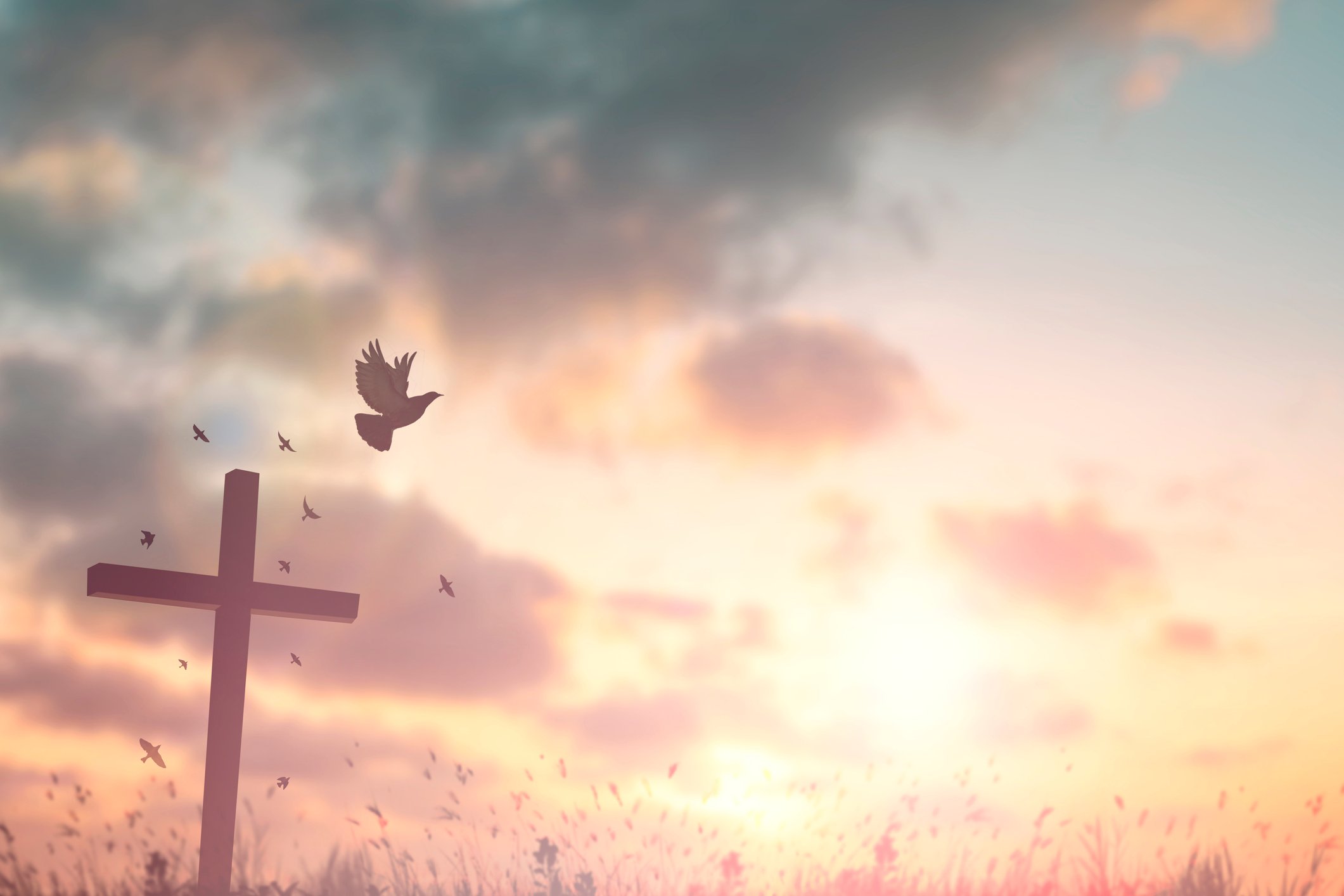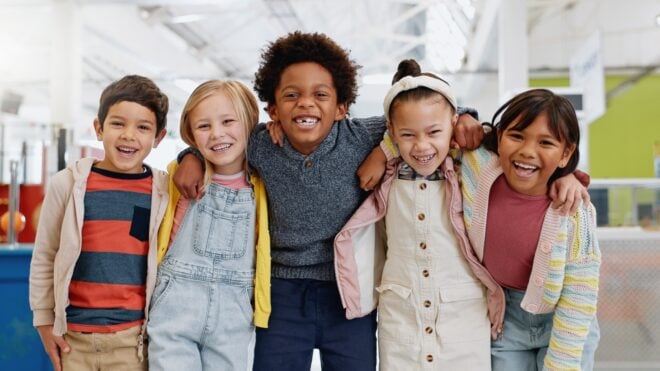
In the midst of all of the difficult news that has happened in the past few weeks, you may have missed the update that some Christians believed that the Rapture was scheduled to take place on Tuesday, September 23, 2025.
Of course, seeing that it is now September 29th when we are publishing this, the Rapture did not, in fact, happen. Or if it did, it took far fewer people than expected, as precisely zero families have reported losing their loved ones to the heavens.
What some families are reporting, however, is their own shared and lived experience growing up in families who sincerely believed the Rapture was going to happen — and how the belief that they would see their loved one suddenly whisked away affected them as young children.
What is the Rapture?
Put simply, the Rapture is a belief in Christianity that Christians of good faith and belief in their Lord, Jesus Christ, will ascend into heaven in their human, bodily form when Jesus comes back to earth. When the Rapture happens, it is said that Christians in “good standing” will be swept up to Heaven, while the rest of the non-believers will be left behind on Earth. (Hence, the “Left Behind” series, if that rings any bells.)
While a belief exclusive to Christianity, not all Christians believe in the Rapture in the same sense.
Some Christians believe that the Rapture will not happen in a way that can be predicted, or that it is more of a spiritual description. Others, however, believe the Rapture will happen in a very literal and physical sense and that certain signs and symbols in the Bible can lead humans to predict when the Rapture will occur.
The Rapture as a predictable date in our lifetimes has been predicted several times, including in
- 1983
- 1988
- Other times during the 1980s
- The 1990s
- 2011, for two separate dates
The latest Rapture prediction went viral after South African pastor Joshua Mhlakela said he had a vision when Jesus had told him that the Rapture would happen during Rosh Hashanah (September 23–24) in 2025.
Because The Rapture has been predicted so often, some parents well remember experiencing 'Rapture anxiety' as children.
With each Rapture event, there have been families who have sincerely and truly believed that they would be taken to Heaven. Parents prepared their children, quit their jobs, and even sold all their possessions in anticipation of the event.
The Rapture predictions of the 1980s and even 1990s resulted in children who lived through those events with families now becoming parents with children of their own, and some of them are now speaking out about what it was like growing up as a child who believed their family was about to be swept up into Heaven.
Jen Hamilton (@_jen_hamilton_), a popular parenting influencer and labor and delivery nurse, is one such parent. In an Instagram post, she shared that while her family didn’t participate in full-on Rapture prep, hearing about the Rapture still affected her deeply as a child.
Hamilton described being terrified that God would “smite” her entire family if she didn’t pray for forgiveness for them all before she went to sleep at night — as a child.
“And that’s on rapture anxiety,” she described.
She went on to add that even without her parents giving full credence to any specific rapture prediction, just hearing about the Rapture at church made her scared.
“I was so fearful that Jesus would come back before I got to experience life,” Hamilton wrote. “I would bargain with God to let me stay a little longer.”
The influencer added that she feels “so bad” for kids in families who have been told they will be taken from the earth in the Rapture.
“I remember feeling ashamed that I wasn’t ‘excited’ about ‘going home’ like the pastor said we should be,” she noted. “The fear those kids feel right now will stay with them forever.”
Other influencers have shared similar experiences.
While not all other influencers are parents, like Hamilton is, many have taken to social media to explain how rapture anxiety is a very real thing that can affect people even long after they’ve grown up.
One influencer even described how, although he has since left his religion, growing up in a fundamentalist religion, he now “freaks out a little” every time there is a new Rapture prediction.
“It got in young,” he noted.
“This was my biggest fear as a child,” added another TikTok commentr on a different video about rapture anxiety. “Nothing else was worse than feeling like I was going to go to hell if I made a mistake.”
Some of the TikToks have shared humor about the Rapture, while others have simply shared their own experiences, but as Hamilton alluded to in her post, the experience could deeply affect a child, or even a teen or adult later in life, so many in her comments section did encourage her followers to seek professional mental health if needed.
Any type of anxiety that is affecting someone’s ability to function on a daily basis warrants at least a conversation with a mental health professional.




